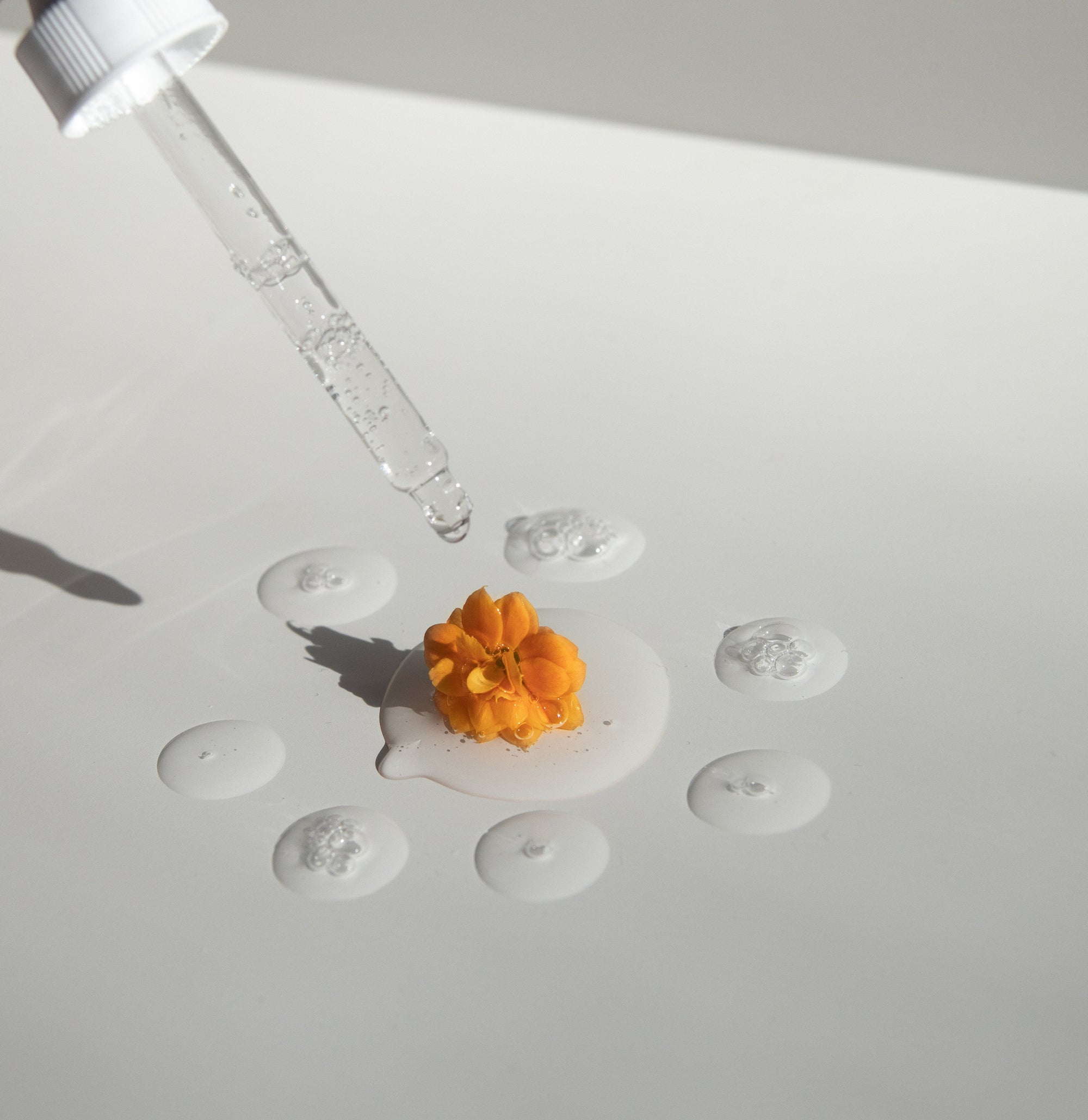When it comes to skincare, there's no shortage of buzzworthy ingredients that promise youthful, radiant skin. One such ingredient that has gained significant attention in recent years is hyaluronic acid. From serums to creams, hyaluronic acid seems to be everywhere.
But is it really worth the hype?
In this blog post, we'll delve into the world of hyaluronic acid and explore its benefits, and whether it's truly worth incorporating into your skincare routine.
What is Hyaluronic Acid and How is it Produced?
Hyaluronic acid is a naturally occurring substance in the body that functions as a magnet for moisture, helping cells retain water so that the skin feels and appears hydrated, plump, and healthy. It is capable of holding 1,000 times its weight in water. Our bodies naturally produce hyaluronic acid, but it is also synthesized for use in skincare products through the fermentation of bacteria, followed by purification and hydration processes.
What Does Hyaluronic Acid Do?
Hyaluronic acid is a powerful moisture-binding ingredient that keeps the skin plump and hydrated. It is also crucial in wound healing and has antioxidant properties, meaning it can protect against free radicals that lead to skin damage.
 \
\What Are The Benefits Of Using Hyaluronic Acid Serum?
Where Should You Apply Hyaluronic Acid?
Hyaluronic acid should be applied to any area of the skin that requires extra hydration. This often includes the face, neck, and décolletage. However, its usage is not limited to these areas - you can apply it anywhere on your body that needs a hydration boost.
It is recommended that products with this moisturising ingredient be used on damp skin.
Why Should Hyaluronic Acid Be Applied to Damp Skin?
Applying hyaluronic acid on damp skin is often recommended because this ingredient works by drawing in water and retaining it. When applied to damp skin, hyaluronic acid can pull in the extra moisture to hydrate the skin more effectively.
That's why many skincare experts suggest applying hyaluronic acid serums or creams immediately after cleansing or toning, while the skin is still moist.
In conclusion, Hyaluronic acid has rightfully earned its reputation as a skincare superhero, offering impressive hydration and anti-aging benefits.
Its ability to boost moisture levels, improve skin texture, and enhance elasticity makes it a valuable ingredient in the pursuit of healthy, youthful-looking skin.
However, it's important to remember that skincare is not one-size-fits-all, and what works for some may not work for others. Ultimately, whether hyaluronic acid is worth it depends on your skin's unique needs and preferences. Experiment, consult with a dermatologist if necessary, and choose products that align with your skincare goals.



